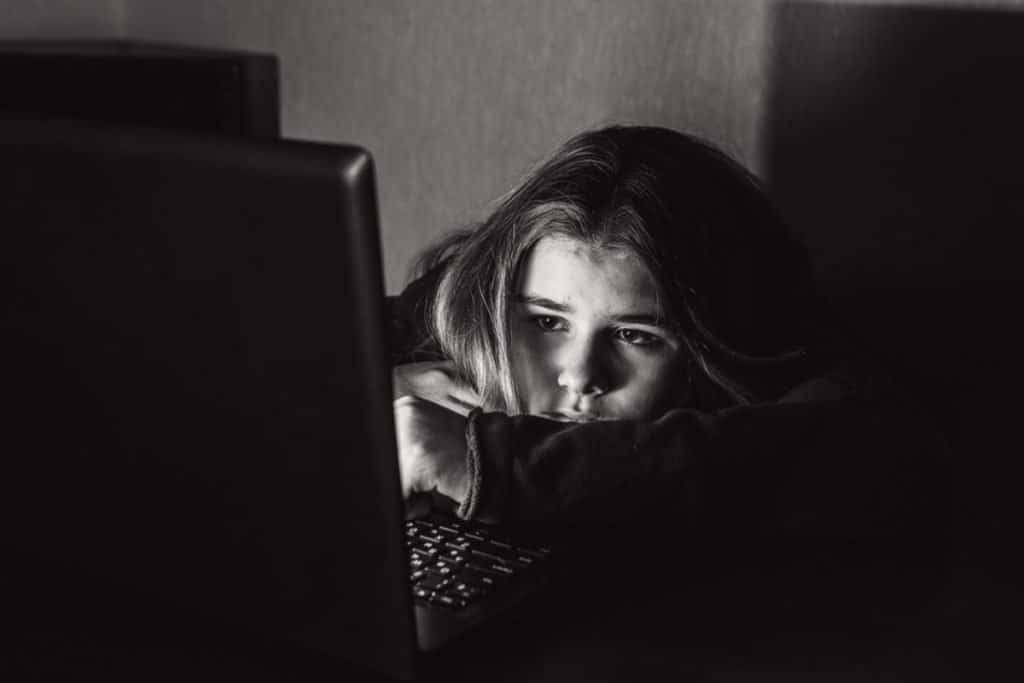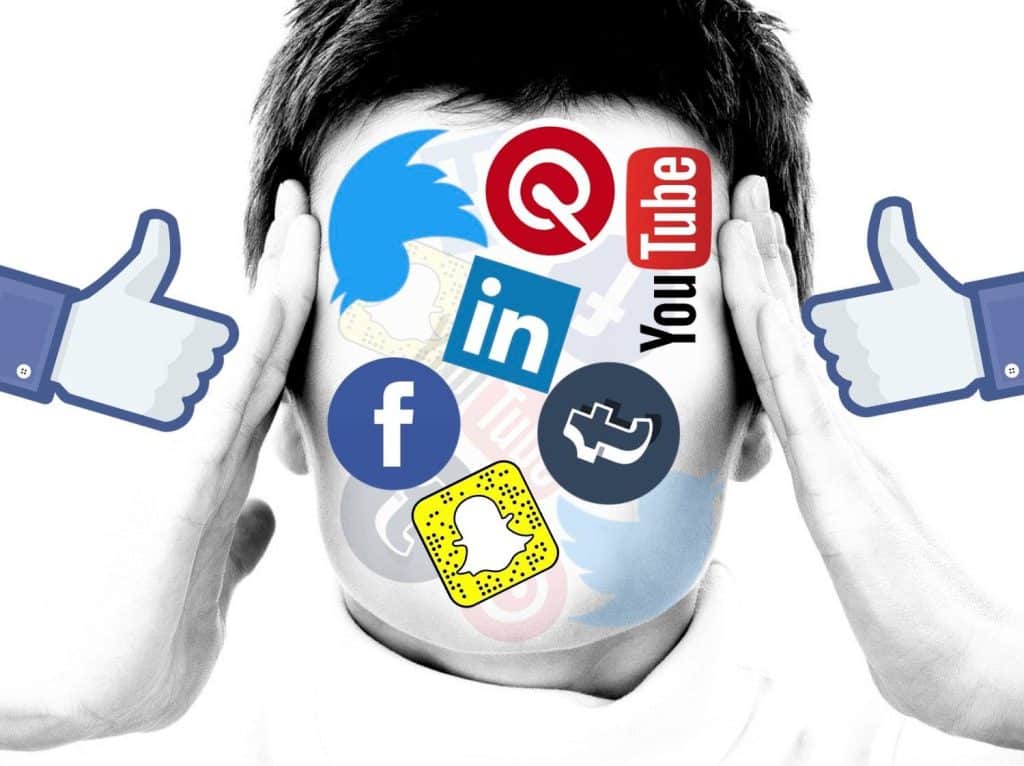Blog
The Impact of Social Media on Anxiety and Depression: Finding Balance in a Connected World
Unveiling the Dark Side: The Link Between Social Media and Mental Health

The Role of Social Comparison: Managing the Illusion
In today’s social media-driven world, the phenomenon of social comparison has become more prevalent than ever. The constant exposure to carefully curated posts showcasing the highlight reels of others’ lives can have a significant impact on our mental well-being. It’s easy to fall into the trap of comparing ourselves to these seemingly perfect lives and feeling inadequate in comparison. This can lead to feelings of anxiety, depression, and lower self-esteem. In this section, we delve into the role of social comparison and explore strategies for managing the illusion of perfection. One important strategy is practicing self-compassion, which involves treating ourselves with kindness and understanding rather than harsh self-judgment. By acknowledging our worth and embracing imperfections, we can counteract the negative effects of social comparison. Cultivating gratitude is another powerful tool to combat feelings of inadequacy. By focusing on what we have and expressing gratitude for the positives in our own lives, we shift our perspective away from comparison and towards contentment. Additionally, it is crucial to shift our focus from comparing ourselves to others to focusing on personal growth and self-improvement. Setting realistic goals, celebrating achievements, and embracing our unique journey can help foster a healthier mindset and enhance our self-esteem. By managing the illusion of perfection and promoting a more realistic perspective, we can cultivate a stronger sense of self-worth and improve our mental well-being in the age of social media.
Navigating Digital Detox: Setting Boundaries for Mental Well-being

In today’s hyper-connected world, where social media platforms are constantly vying for our attention, it’s important to recognize the impact they can have on our mental well-being. Navigating a digital detox and setting boundaries is a powerful strategy to reclaim control over our relationship with social media and prioritize our mental health.
A digital detox involves intentionally taking a break from social media and other digital devices to allow ourselves time to recharge and rejuvenate. By temporarily disconnecting, we create space to reflect, recalibrate, and reconnect with ourselves and the world around us.
Setting boundaries is a key component of a successful digital detox. One practical strategy is to designate tech-free time in your daily or weekly routine. This can be as simple as establishing “no phone” zones or specific periods during the day when you refrain from using social media. This intentional disconnection allows for moments of peace and solitude, reducing the constant stimulation and potential anxiety that social media can generate.
Limiting screen time is another effective boundary-setting technique. Consider setting time limits for social media usage or using apps that track and regulate your screen time. By imposing restrictions, you regain control over how much time you spend on these platforms, preventing mindless scrolling and the negative emotions that can arise from excessive exposure.
Curating your social media feed is crucial for a healthier relationship with these platforms. Unfollow accounts that trigger negative emotions or feelings of inadequacy, and instead, actively seek out content that inspires and uplifts you. Surrounding yourself with positive and meaningful content can significantly improve your mental well-being.
Incorporating self-care practices during your digital detox is equally important. Engage in activities that nourish your mind, body, and soul, such as spending time in nature, practicing mindfulness or meditation, pursuing hobbies, or connecting with loved ones face-to-face. By redirecting your focus to real-world experiences and fostering deeper connections, you can counterbalance the effects of social media on your mental health.
A digital detox is not about completely disconnecting forever; it’s about finding a healthy balance. Experiment with different approaches and durations of detoxes to discover what works best for you. It’s a personal journey, and everyone’s needs and limits will vary.
By navigating a digital detox and setting boundaries for social media use, you take an active role in prioritizing your mental well-being. Remember, you have the power to control your social media experience, and by doing so, you can create a healthier relationship with these platforms and cultivate a greater sense of balance in your life.
Harnessing the Positive Potential: Using Social Media for Mental Well-being

Where social media has become an integral part of our lives, it is crucial to recognize that it holds the potential for a positive impact on our mental well-being. While it is easy to focus on the negative aspects of social media, such as comparisons and cyberbullying, we must also explore how it can be harnessed as a powerful tool for support, community building, and self-expression.
One way to leverage the positive potential of social media is by curating our feeds to include uplifting content. By following accounts that promote positivity, inspiration, and mental well-being, we can fill our timelines with messages that lift us rather than bring us down. This deliberate choice allows us to create a digital space that aligns with our values and supports our mental health.
Social media also offers a unique opportunity to connect with like-minded individuals. By joining groups and communities that share our interests, hobbies, or struggles, we can find a sense of belonging and support. Engaging in meaningful conversations with these individuals can provide a sense of validation and understanding, which can be particularly helpful for those experiencing anxiety or depression. Building connections with others who have similar experiences can foster a supportive environment and remind us that we are not alone in our struggles.
Social media provides a platform for self-expression. Through sharing our thoughts, experiences, and creativity, we can cultivate a sense of authenticity and build confidence. By expressing ourselves openly and honestly, we not only contribute to our mental well-being but also inspire others to do the same. Social media can be a space where we celebrate our strengths, share our stories, and find empowerment.
It is important to approach social media with intention and mindfulness. By being aware of how we engage with these platforms, we can make conscious choices that prioritize our mental well-being. Taking breaks when needed, setting boundaries, and being mindful of the time we spend on social media are essential practices. Regularly assessing the impact that social media has on our mental health allows us to make adjustments and ensure that we are harnessing its positive potential without being overwhelmed by its negative aspects.
While social media has its pitfalls, we must not overlook its positive potential for enhancing mental well-being. By curating our feeds, connecting with supportive communities, and using social media as a platform for self-expression, we can harness its power for personal growth and contribute to a more supportive online environment. With mindful engagement, we can navigate the digital landscape in a way that supports our mental well-being and fosters a sense of connection and empowerment.
Striking a Balance: Navigating Social Media’s Impact on Anxiety and Depression
Striking a Balance in the Digital Age The impact of social media on anxiety and depression is a complex issue that requires mindful navigation. While it is essential to acknowledge the potential negative effects, we must also recognize the positive aspects and utilize strategies to find balance. By practicing self-awareness, setting boundaries, managing social comparison, and leveraging the positive potential of social media, we can cultivate a healthier relationship with technology and prioritize our mental well-being in a connected world. Remember, everyone’s journey is unique, so finding the approach that works best for you is key.


